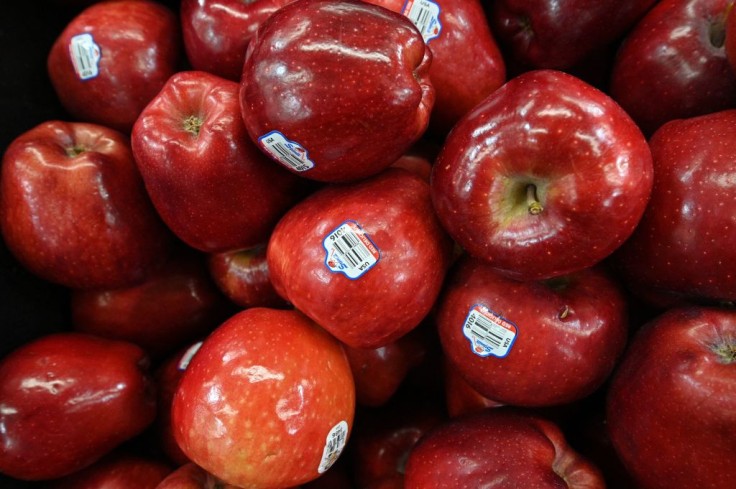
Food fuels the body so it can function well, and for the colder months, people need to pay more attention to their winter diet because health issues like weight gain, coughs, colds, and joint pains could easily crop up.
As temperatures fall, it's easy to slide back on following a proper diet to indulge in food that may impact the body's immunity. However, with the COVID virus still in the air, it's best to stick to a well-balanced diet that will help your body stay healthy and strong even in the winter cold.
Here are some foods to incorporate into your winter diet:
1. A warm bowl of oatmeal
Salted Mint has a recipe for a winter oatmeal bowl loaded with oranges, honey, pistachios, and peanut butter, as well as spices like cinnamon, cardamom, and a dash of sea salt. This breakfast packs up all the energy your body needs to get through a grueling cold day.
Oatmeal makes the perfect breakfast at any season because it's rich in fiber that helps make the stomach fuller. Fiber also helps with the body's insulin response, and it's beneficial to the health of your gut.
Oatmeal is rich in magnesium, vitamin B, and vitamin E. It's also convenient to prepare warm from the oven.
2. Foods rich in vitamin C
Citrus fruits, papaya with turmeric smoothie, omelet with chopped green or red bell peppers, or cruciferous vegetables (broccoli, cabbage, cauliflower) are just some of the richest sources of vitamin C, which will help boost the body's immune function. According to the U.S. National Library of Medicine, vitamin C works to protect the body from pathogens and environmental oxidative stress, which are highly abundant during the winter season.
While vitamin C also comes in supplements or pill form, studies have shown that you're better off ingesting the vitamins from food. Sometimes, supplements have other ingredients that may already alter their antioxidant effects.
3. Foods rich in Iron
The body needs iron for maintaining healthy cells, and it's also the nutrient that transports oxygen all over the body so that you won't easily feel physically tired and beat. According to the World Health Organization, iron deficiency is more prevalent among growing younger kids and mothers or women of child-bearing age. An iron deficiency may lead to frequent headaches, dizziness, and poor appetite, so iron-rich foods should be part of the daily diet.
Great for making salads, Spinach is a superfood with high iron content. Apples, usually readily available in the fall or winter, are also rich in iron. Apples come in several varieties that are equally delicious and nutritious, per The Spruce.
4. A warm cup of spiced tea
Teas with warming spices like ginger, nutmeg, cinnamon, cloves, cardamom, and saffron work best to boost the body's metabolism and immunity and manage inflammation and pain. It also aids in weight loss, especially if you can't do more outdoor exercises because it's snowing. Spiced tea also helps with digestion and lessens gastrointestinal distress. It's also a good source of fuel and energy without the side effects.
Related Article: How To Maintain Healthy Eating Habits for the Whole Year